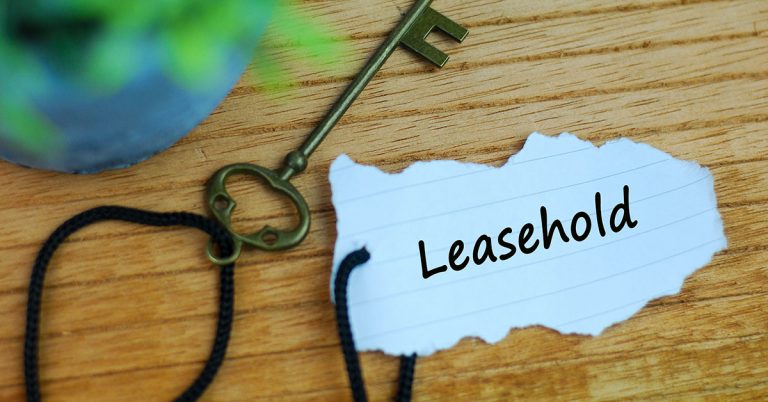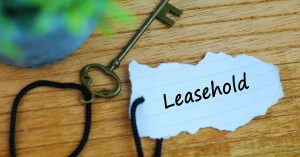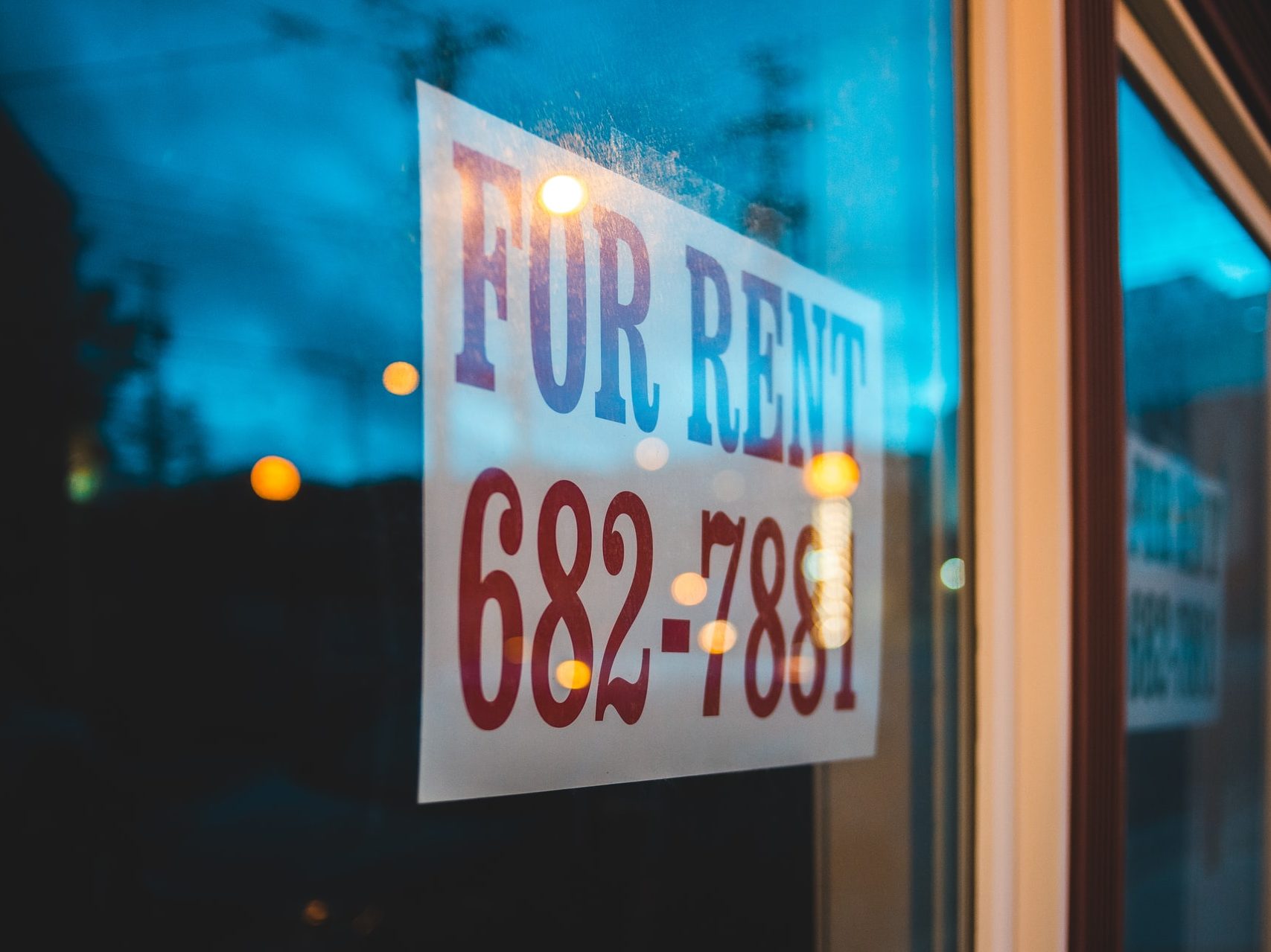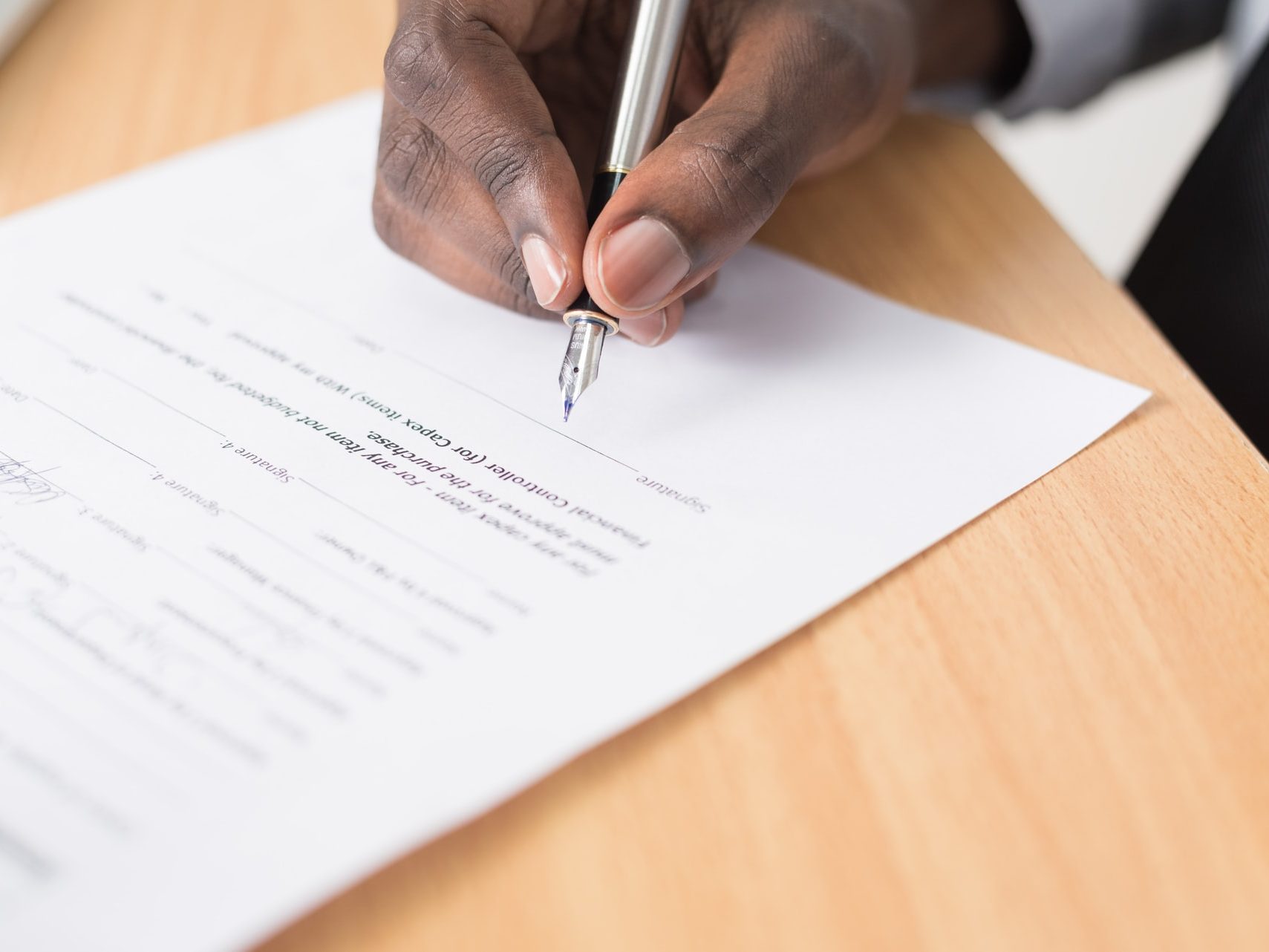What is Lease?


What is lease?

A lease or transfer of tenancy rights is another type of legal transaction. In the commercial long-term, such as the sale of a store or establishment within the period specified in the contract, which is not more than 30 years and then sublease for additional benefits.
We are usually familiar with the use of the term "lease" when referring to rental properties, or a place of residence. And with the word "Rental" often used for renting a property or place of business such as
- Hotel
- Tourism and business
- Spa massage
- Restaurant or drink
- Laundry
- Hospital or clinic
- Stores such as clothing stores, coffee shops, etc.
How to lease a business

Before the contract is signed, the landlord agrees to pay a "lump sum" and then begin a transfer of tenancy subject to various conditions, such as the extent to which the owner has the right to improve or add to the area, and the property is either with the owner or not at the end of the contract.
There are typically 2 options :
- Purchase stock in a company that directly owns a company or business, such as becoming a partner in a company that runs that company, or purchasing stock by transferring company shares.
- Purchase of a company's or business's important assets, such as materials, equipment, tools, trade items, and premises, including the right to lease premises from the seller
Both approaches have advantages. The limits and characteristics vary depending on the suitability of each case and factors such as the type and size of the entity, the length of time the entity has the right to hold the business, the funds used to pay for the business on the business certificate, and the type of business (if you have one)
What should you check if you want to lease business?

What factors should be considered in a commercial lease?
1. The Location
You must select a potential location that meets your needs and is appropriate for your own business so that your investment can grow and become profitable. Looking at the location with the right people who travel, become a meeting place for target customers, and explore the actual area will help to see a more clear overall view of the area and surroundings.
2. The Commercial lease
Another important factor to consider is whether or not to invest in this property, how good the business is for future investment, and so on.
3. Details of the lease agreement
Before signing any contract, you must carefully consider and understand the terms in order for it to have legal effect. Here are a few things to look into:
- The lease contract's term. If you received a commercial lease from a previous lessor, you must verify the length of time the previous lessee was under contract with the lender, including the contract start and expiry dates. Also how much time is left on your lease if you rent? Because the duration of your lease is used to determine the amount of rent that must be paid.
- Fee for name change. If you have to lease the business from the original owner, you must change the name of the lease with a contract name change.
4. Commercial leasing objectives
The purpose of the business activity is determined by the nature of the business, which can take many forms. Most lessors use this property to expand their business. Leasing a store has higher income and value than renting where the lessor can improve. Building reconstruction or rented land However, if any repairs or additions are made, the property becomes the creditor's after the contract expires.
The following are the most popular lease businesses :
- Restaurant. They are most commonly found in private food courts, or a separate restaurant with a large area.
- A cafe. A large store or cafe that includes a kiosk (Kiosk).
- The clothing store. They are most commonly found as a room-sized store locked in a flea market. or as a store in a department store or a neighborhood shopping center
- The Car care. They are most commonly found as a repair shops that can be found in shopping malls or on major thoroughfares.
Important leasing agreement details

1. Contracts
The property type, location, tenant-landlord information, rental period, and rental conditions must all be included in the contract.
2. Tenant
The tenant must keep the property in good condition at all times and strictly adhere to the terms of the agreement.
3. Lessor
The lessor's primary responsibility is to grant the right to own and use the property during the lease period, including ownership rights. A deed transferring property to heirs after death may exist.
In short, leasing a business for an additional investment has the benefit of significantly shortening the duration of the business as well as gaining a place with the business. However, because all investments involve risks, we must carefully review the contract terms and consider all factors.



